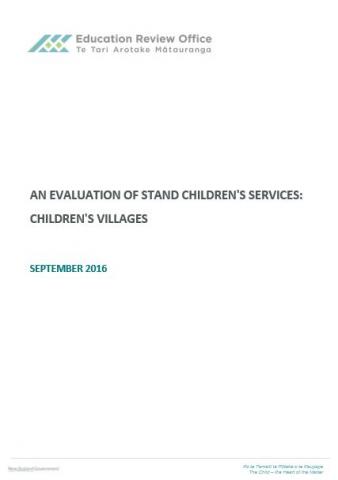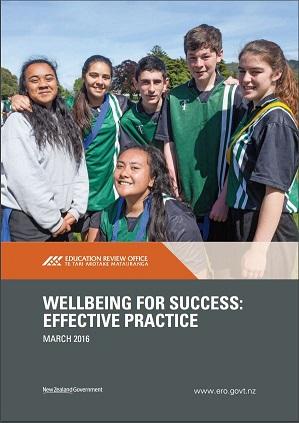An evaluation of Stand Children's Services: Children's Villages
Published: 01 Sep 2016
Until recently children with behavioural and social needs were referred to and attended one of six health camps situated across New Zealand. Each of the six health camps had an associated school attached. In 2008 ERO evaluated the quality of provisions for children at the health camps and identified significant areas that needed to improve. ERO recommended that the Ministry of Education examine the role of health camps and their schools within the wider network provision of services for students with moderate to severe behaviour difficulties.
- Audience:
- Parents
- Schools
- Content type:
- Research
- Topics:
- Stand Children's Services Tu Maia Whanau
- Children's Villages
- Behavioural needs
- Therapeutic care and education (TEC)
- Circle of Courage

